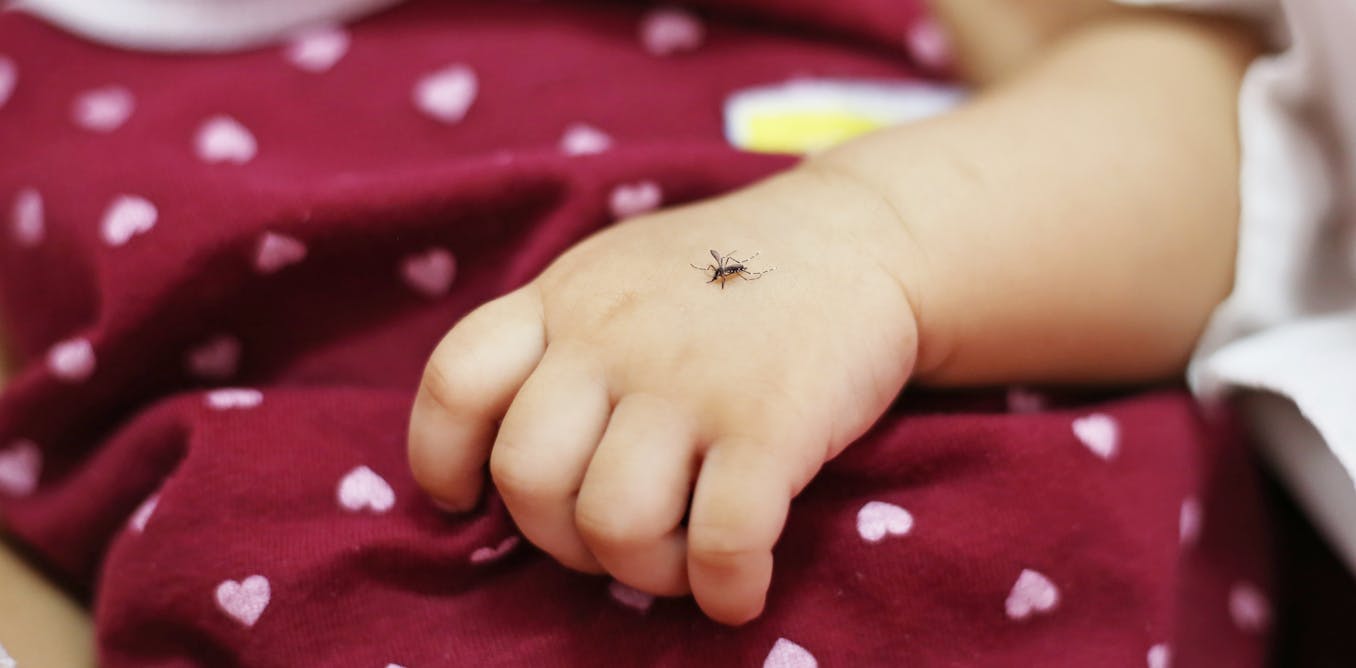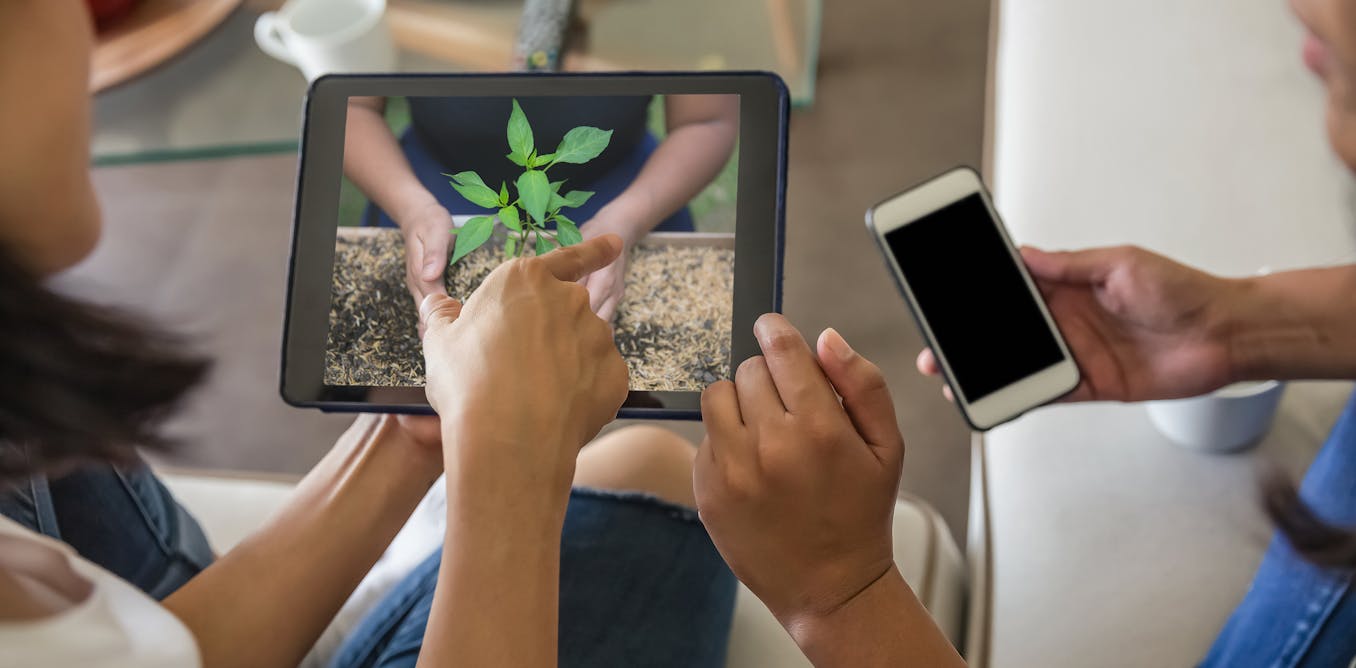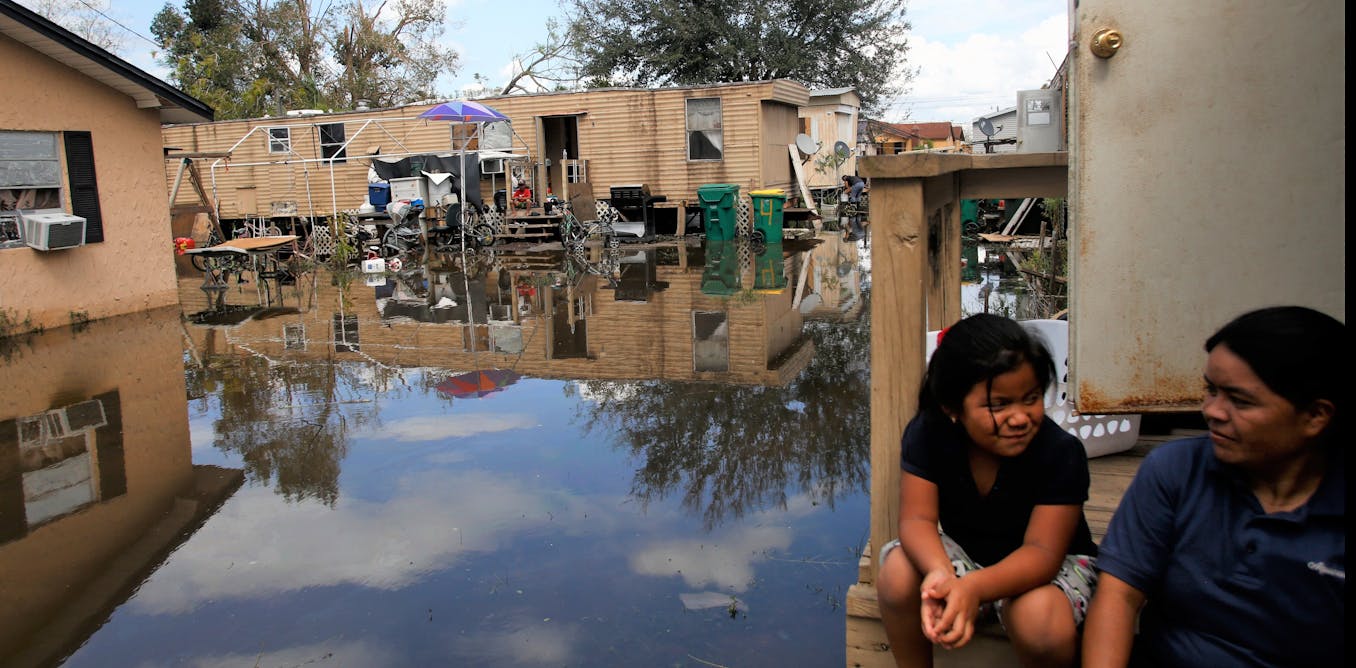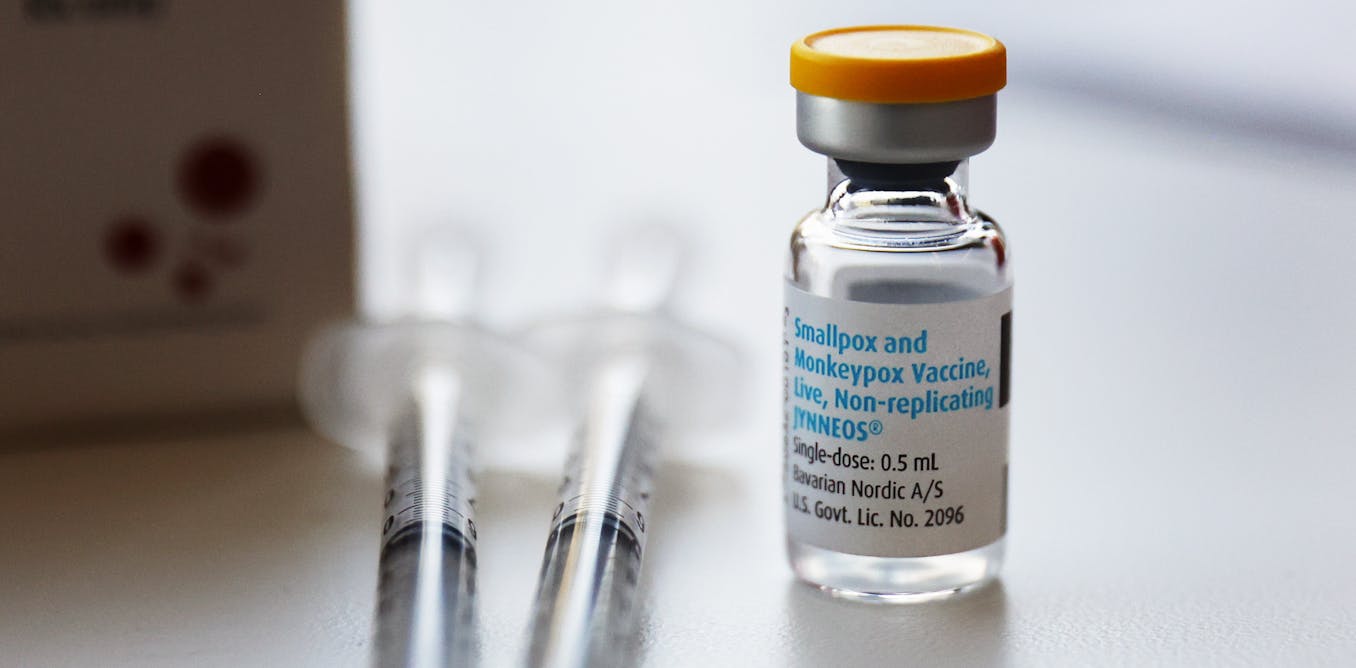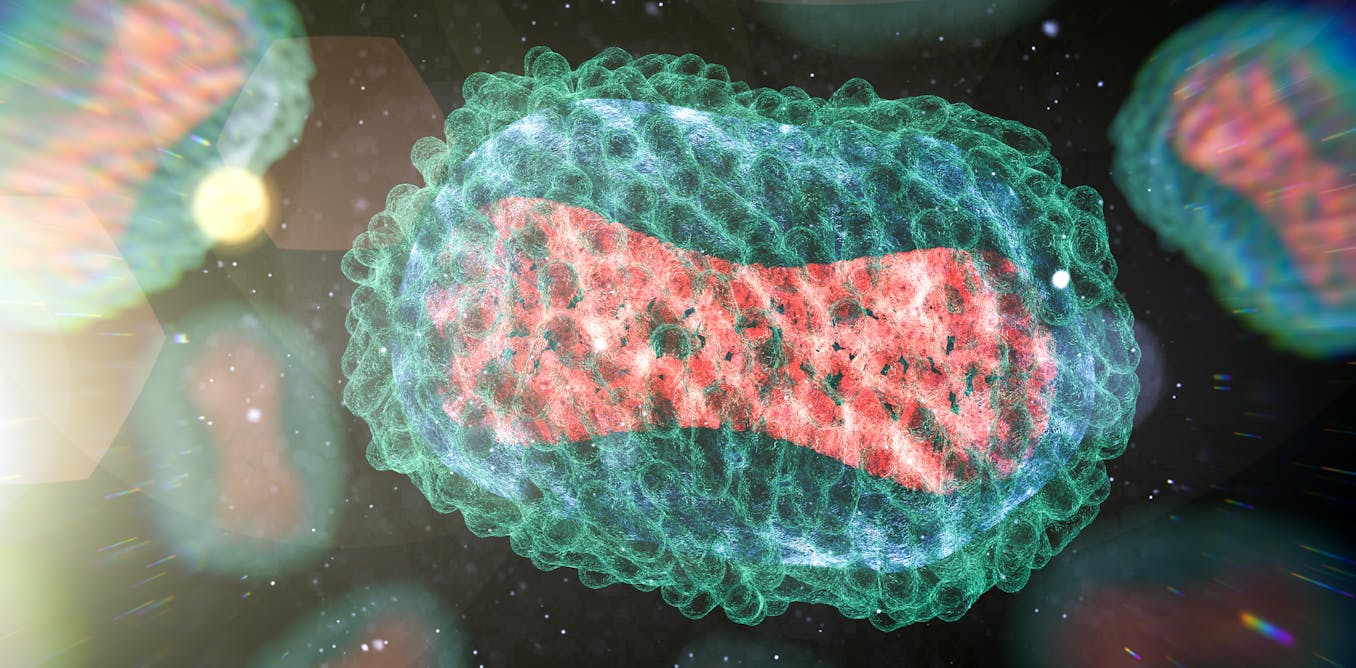La Crosse virus is the second-most common virus in the US spread by mosquitoes – and can cause severe neurological damage in rare cases
Not all cases of La Crosse disease affect the neurological system, but those that do can be severe and sometimes fatal – especially in children.
Sept. 9, 2022 • ~9 min

